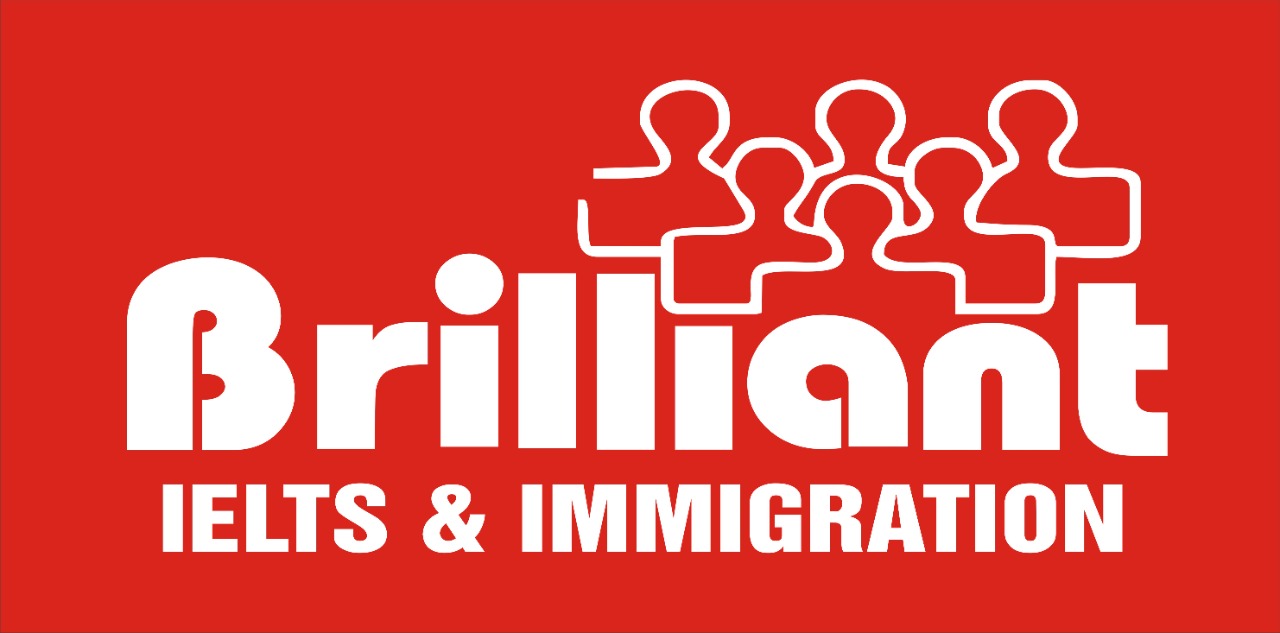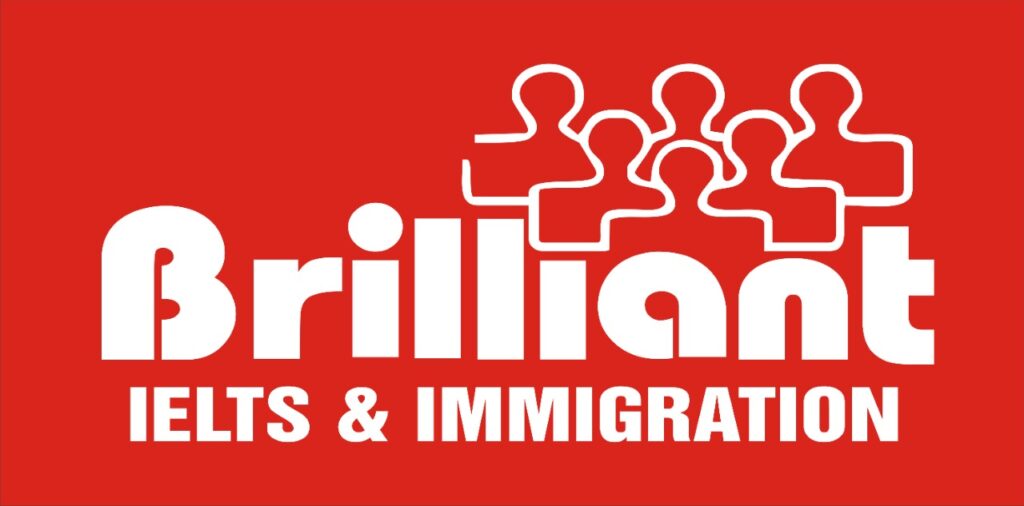GENERAL TEST- what does that mean?
Immigration often involves a series of tests and assessments designed to evaluate applicants’ suitability for entry into a new country. Language proficiency tests, such as IELTS or TOEFL, are common requirements to ensure effective communication. Additionally, immigrants may undergo cultural or civic knowledge tests to gauge their understanding of the host country’s history, values, and government structure. Skilled worker programs often include skills assessments, evaluating qualifications and suitability for specific occupations. Medical examinations verify that immigrants do not pose health risks, while criminal background checks assess applicants’ character. Financial capability assessments may also be required to ensure individuals can support themselves. The diversity of these tests reflects the multifaceted nature of immigration processes, with each country tailoring its criteria based on its unique priorities and policies. Prospective immigrants should carefully navigate these requirements, adhering to guidelines provided by immigration authorities.
- Language Proficiency Tests:
- Many countries require immigrants to demonstrate proficiency in the official language(s). For example, the IELTS or TOEFL for English proficiency.
- Cultural or Civic Knowledge Tests:
- Some countries may require immigrants to pass a test on the nation’s history, government structure, and values to ensure a basic understanding of the culture.
- Skills Assessment:
- Skilled worker immigration programs often involve a skills assessment to determine the applicant’s qualifications and suitability for specific occupations.
- Medical Examinations:
- Some countries require immigrants to undergo a medical examination to ensure they don’t pose a health risk and are admissible.
- Criminal Background Checks:
- Immigration processes typically include checks on an applicant’s criminal history to ensure they meet the character requirements.
- Financial Capability Assessment:
- In some cases, immigrants may need to demonstrate their financial capability to support themselves and their dependents.
Get Consulting
Type Of Course
-
IELTS Train the Trainer CourseIELTS Train the Trainer Course
-
PTE – AcademicPTE – Academic
-
ImmigrationImmigration
-
General TestGeneral Test


